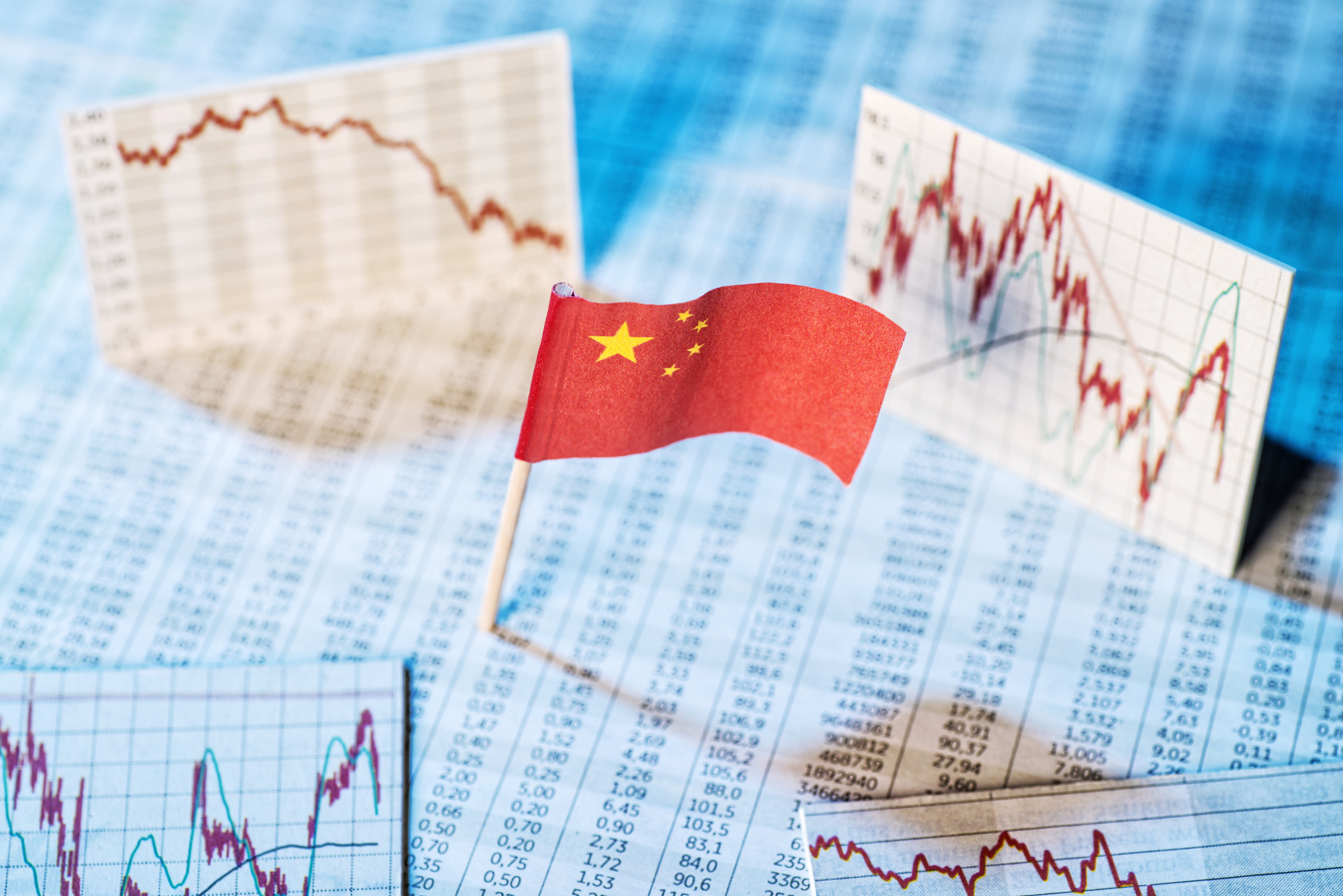

After three years of strict zero-Covid policies, China reopened its borders with the rest of the World on 8th January, a move that is likely to prove influential for Global Equity markets over the coming year.
The Covid-19 pandemic has led to significant volatility in Chinese Equities over the last three years. After the initial outbreak, Chinese markets enjoyed a positive run in late 2020 and early 2021 as the rest of the World entered lockdown. The tough measures imposed in an attempt to eradicate Covid-19, led to slower growth and a steady fall in the value of Chinese Equity markets until the fourth quarter of 2022. Since October last year, Chinese Equities have rallied in anticipation of the end of zero-Covid policies and the reopening of the economy; however, we feel there is sufficient evidence to believe that Chinese Equities will continue to outperform during 2023.
The reversal of zero-Covid policies is likely to have a positive impact on the Global economy. Supply chain issues are expected to ease over coming months. These have led to bottlenecks around the World and helped push up Global inflation. There are some concerns that the increased productivity and demand for Oil, Gas and other commodities will force prices higher which could have a knock on effect on wider inflation in the Western world; however, given that inflationary pressures generally should ease during 2023, the impact of this increased demand may well be limited.
2023 should see the resurgence of the Chinese consumer, and initial reports indicate that confidence is increasing. The Lunar New Year is traditionally the peak annual period for travel, and according to data from travel agency, Qunar, air ticket bookings for return trips during the holiday period surged 33 percent from levels in 2022, surpassing pre-pandemic levels in 2019. This is an encouraging sign that China is slowly returning to normality, and just as was the case in other parts of the World, pent-up demand to travel, shop and enjoy experiences could result in a rapid spike in discretionary spending. Naturally, there could still be initial caution as Covid infection rates remain high; however, as confidence increases, we would expect domestic demand to rebound sharply.
The Chinese economy only expanded by 3% in 2022, which was some way below the 5.5% Government target and considerably lower than the rapid growth rates the country has enjoyed for many years. According to the International Monetary Fund, growth rates are expected to rebound to a more respectable 5.2% this year* and valuations of Chinese Equities are not overly demanding, adding to the positive view.
Whilst there are clearly many positive indicators for China in 2023, a number of risks remain, which need careful consideration. The Chinese property market has become dangerously overheated, and following Government intervention on debt limits, the sector was plunged into the danger zone in 2021, when Evergrande, the second largest property developer, defaulted on bond repayments. The government has recently become more supportive of the property sector, rolling out a set of measures to boost developer financing in November 2022. However, it may be some time before we see stability return to the sector, and as property accounts for around 25% of China’s GDP, ongoing Government intervention may well be needed to dampen any impact on the wider economy.
Tensions between China and the West, in particular the US, will continue to pose a risk as we move through 2023 and beyond. According to Blackrock, strategic competition between the US and China is the highest current geopolitical risk that could impact financial markets. Relations between the two countries has deteriorated over recent years, with examples of flashpoints being Nancy Pelosi’s visit to Taiwan last year, and the very recent downing of a Chinese balloon over the US mainland.
Whilst we do need to pay attention to these risks, we are optimistic for the prospects for China in 2023. The combination of easing Covid restrictions, pent-up domestic demand and wider implications for global supply chains should support Chinese Equities. Volatility is, however, likely to remain an investment consideration and investors should only look to gain exposure to China as part of a wider, diversified portfolio.
Speak to one of our advisers to discuss your portfolio asset allocation and whether adding exposure to China is appropriate.
*Source: International Monetary Fund briefing, February 2023
Opening Remarks for the Press Briefing of the 2022 China Article IV Staff Report (imf.org)